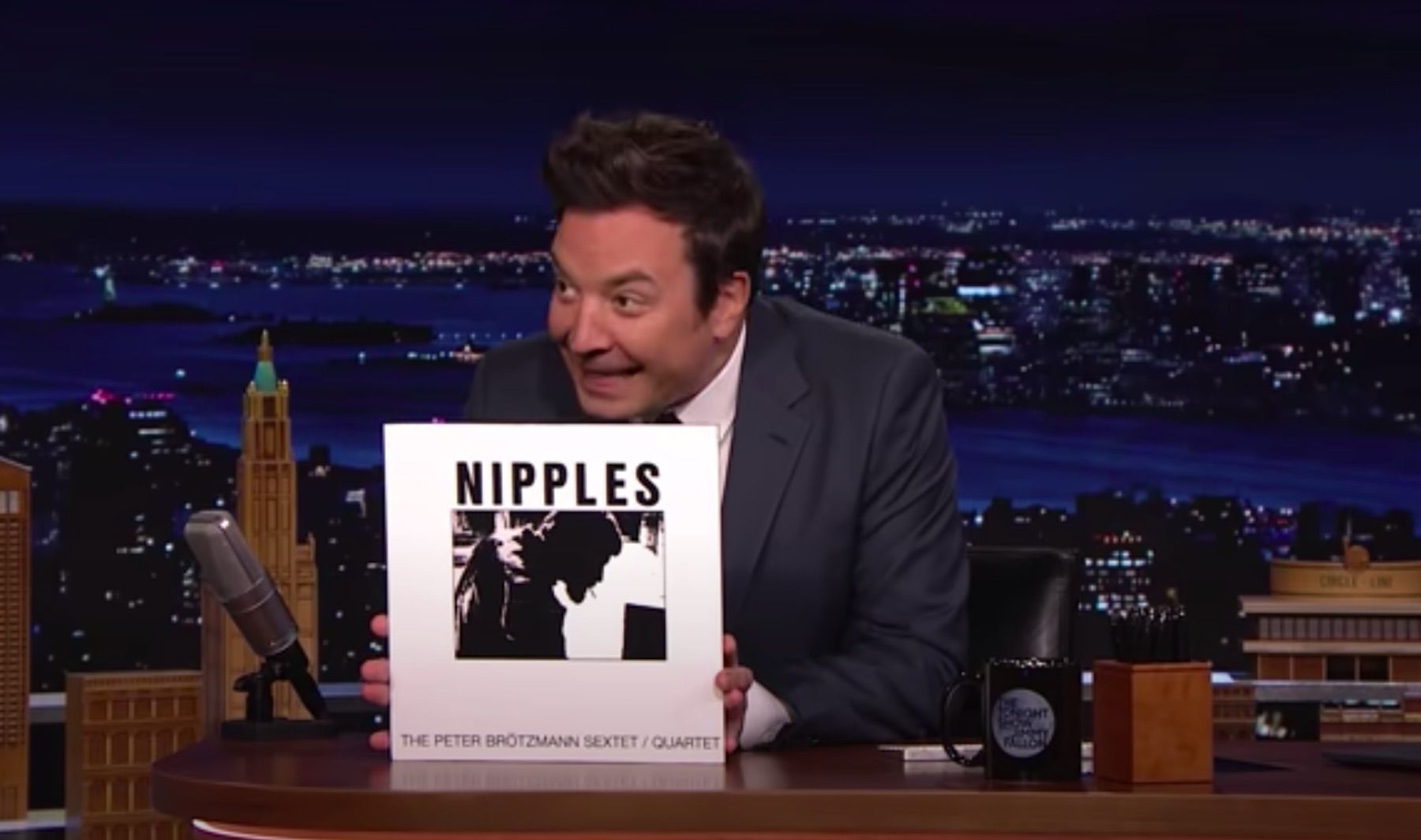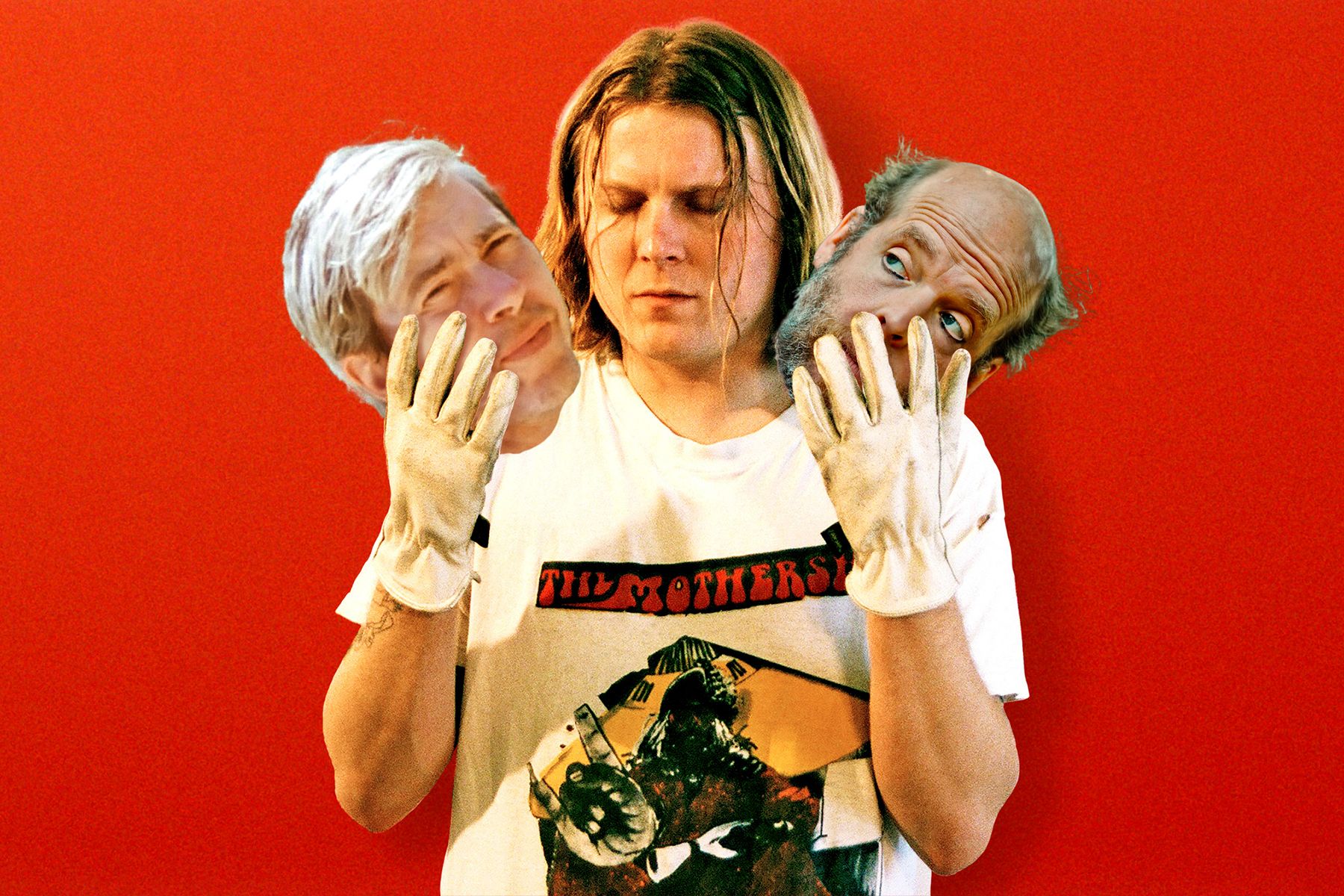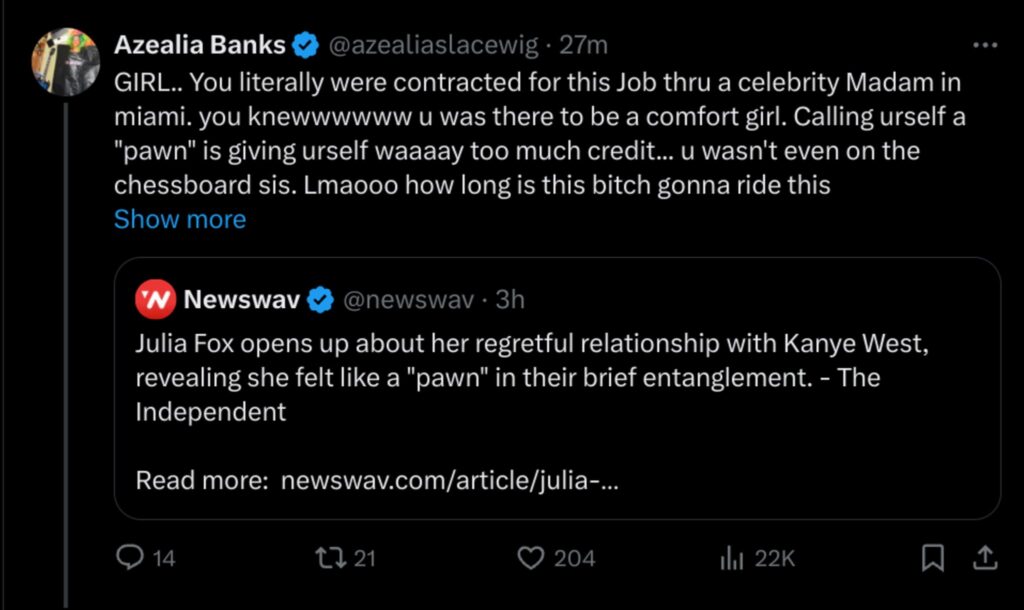
Ticketmaster Takes Aim at Resale Sites, Scalpers with ‘Fair Ticketing Act’ Proposal
As Live Nation Entertainment faces continued criticism from fans and lawmakers over its place in the ticketing marketplace, on Thursday the company called on Congress to pass legislation to crack down on scalpers and ticket resale. The company is looking to broaden the conversation regarding ticketing reform beyond potential issues with Ticketmaster itself toward the secondary market.
Pushing for a “Fair Ticketing act,” Live Nation — owner of both the eponymous live music promoter as well as ticketing giant Ticketmaster — is advocating for federal laws that could weaken scalpers’ ability to mark up ticket prices and gouge customers for in-demand concerts. Among the changes it proposed are outlawing speculative ticketing in which scalpers try to sell tickets they don’t actually own yet, expanding legislation to stop bots from buying mass amounts of tickets and slowing down on-sale periods, mandating all-in ticketing to avoid hidden fees at the end of purchases, and protecting artists’ ability to decide how their tickets can sell on the secondary market.
“To truly protect consumers, Congress should make a federal law that backstops artist’s [sic] ability to control their tickets,” the company said. “Together we can create a fair system that benefits everyone.”
Live Nation also pointed toward active legislation in several states across the country such as Georgia, California and Maryland that if passed would prevent artists from limiting transferability of their tickets to the resale. (Such legislation protects the scalpers and their ability to make profits, not the fans, Live Nation said.) Zach Bryan is using non-transferrable tickets for his upcoming Burn Burn Burn Tour, and as Rolling Stone reported last week, resellers are listing tickets on platforms like VividSeats anyways. Bryan’s tour promoter AEG confirmed any tickets bought outside of primary ticketed AXS won’t be honored.
Legislation focused around the points Live Nation mentioned doesn’t touch on all the complaints customers often have in the ticket-buying process such as high fees or dynamically-priced tickets, but they could in part address other long-held issues in the market regarding flexibility for artists and transparency for fans. Live Nation’s call comes alongside an earnings report for the company’s Q4 2022. Live Nation posted $16.7 billion in revenue with $732 million in net income. The congressional push comes a day after senators Amy Klobuchar and Mike Lee called on the Department of Justice to continue its reported probe into the company, submitting much of the testimony from last month’s Senate judiciary hearing as evidence to include in the investigation.
“We have long been concerned about the state of competition in America’s ticketing industry, especially with the power and reach of Live Nation and its wholly-owned subsidiary, Ticketmaster,” the senators said in a statement. “For too long, Live Nation and Ticketmaster have wielded monopoly power anticompetitively, harming fans and artists alike.”
Long-held frustration from fans toward Ticketmaster boiled over last November following a chaotic on-sale period for Taylor Swift’s upcoming Eras Tour, which in part gave way to January’s Senate judiciary hearing in which the bipartisan committee spent three hours grilling Live Nation over its policies and the state of the live music business. Ticketmaster has repeatedly denied the allegations; during an earnings call on Thursday going over the company’s Q4 2022 earnings, Live Nation CEO Michael Rapino said the ticketing business “is more competitive than ever,” stating that Ticketmaster’s market share has dropped, not risen since its merger with Live Nation over a decade ago.
Prominent politicians such as Klobuchar and congresswoman Alexandria Ocasio-Cortez have both previously spoken with Rolling Stone expressing their concern over the potential monopoly power Live Nation could hold in live music.
Live Nation’s model, “makes them a vertically integrated giant,” Klobuchar previously said. “They book the concert, sell the tickets and own the venue [and] that makes for little competition. And despite the consent decree which they agreed to extend, we don’t see the competition that we should. We’ve seen evidence of violations of them using monopoly power to cut out competition.”
A Wednesday panel at the industry conference Pollstar however had a far different perspective. Irving Azoff — the music industry’s most powerful manager and the former chairman and CEO of Ticketmaster — suggested the Senate panel didn’t address enough beyond Ticketmaster, and he pushed for a crackdown on scalping alongside fellow panelists Garth Brooks, Madison Square Garden Company owner James Dolan and Trump-Era DOJ antitrust official Makan Delrahim.
Brooks, known across the industry for his practice of adding more shows on a tour to meet fan demand, bluntly questioned why ticket scalping is legal at all. “Isn’t it true though that if we just get rid of scalping, all of this goes away,” he asked.
Azoff agreed, and called for many of the same reforms Live Nation mentioned today. Azoff, he said, felt the Senate hearing focused on Ticketmaster without honing in on any other issues. He called for it to be the artist’s decision on how resale is handled, and to champion policies that allow money to go to the artists rather than resellers, who he said “have no skin in the game, have invested nothing, risk nothing, created nothing, yet they reap the lion’s share of the profit.”
“There’s a substantial disconnect between the complaints and the proposed solutions,” Azoff said of January’s hearing and the scrutiny toward Ticketmaster. “The biggest issue now is that demand sometimes exceeds supply for many artists, unfortunately that means that they can’t satisfy every fan that wants to see them. There’s not a congressional hearing in the world that fixes the reality that demand exceeds supply. There’s nothing that Ticketmaster, the building, the promoter or the artist can do to fix that.”



